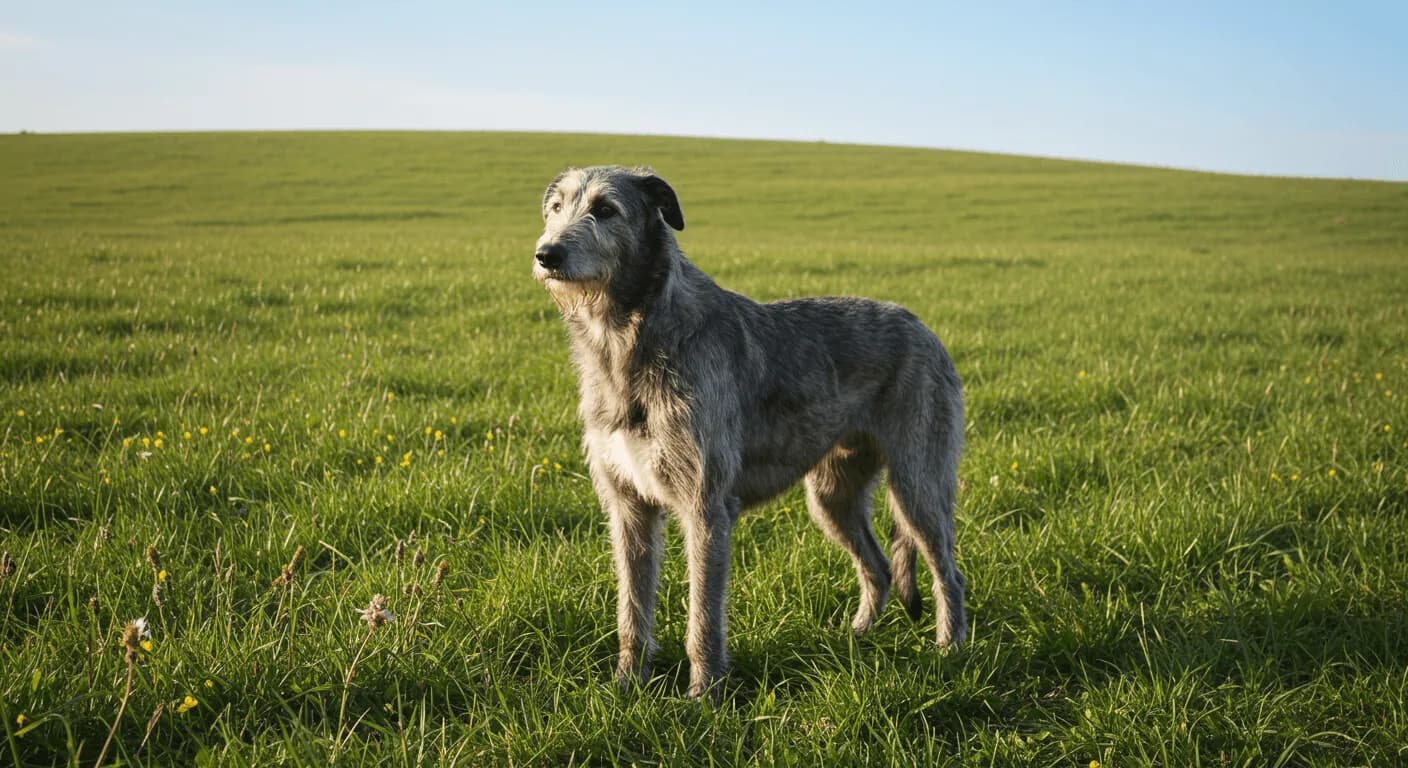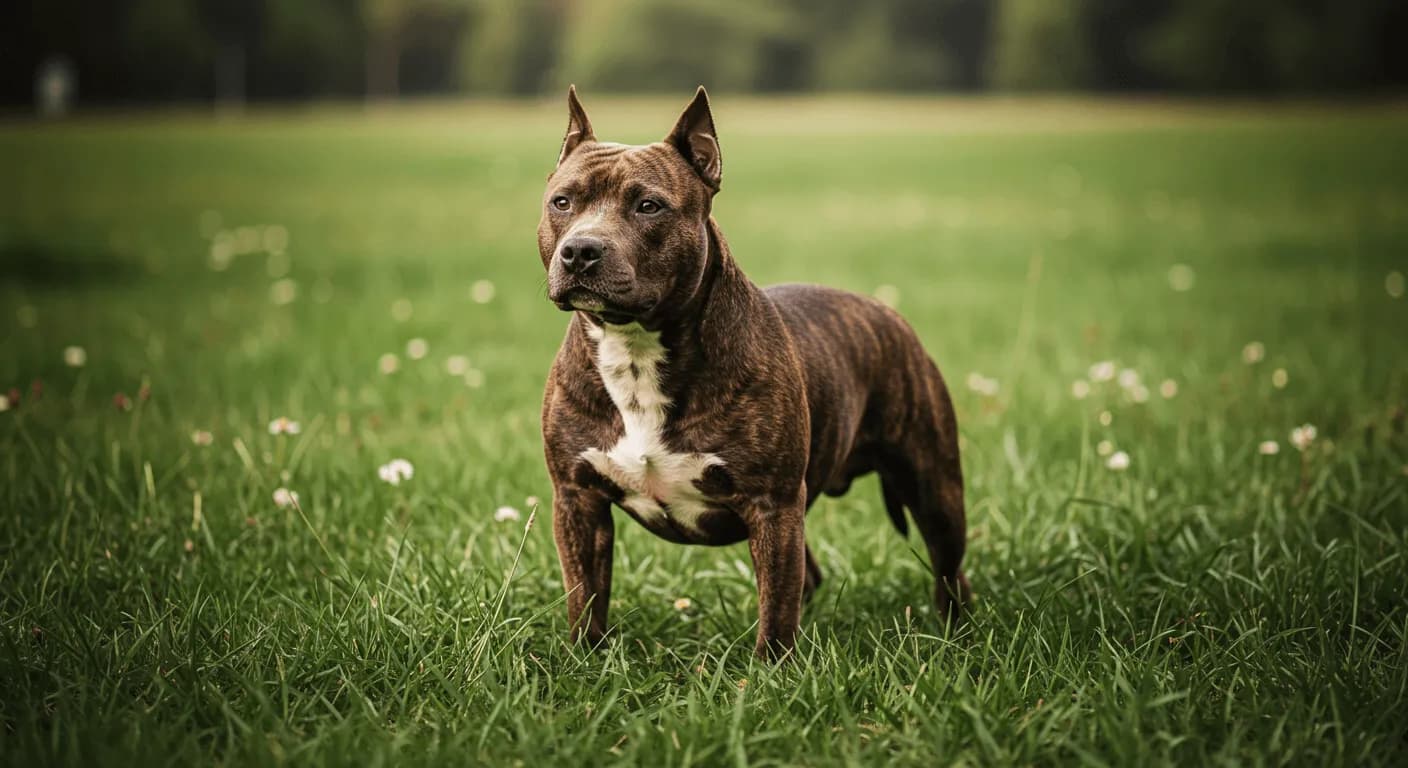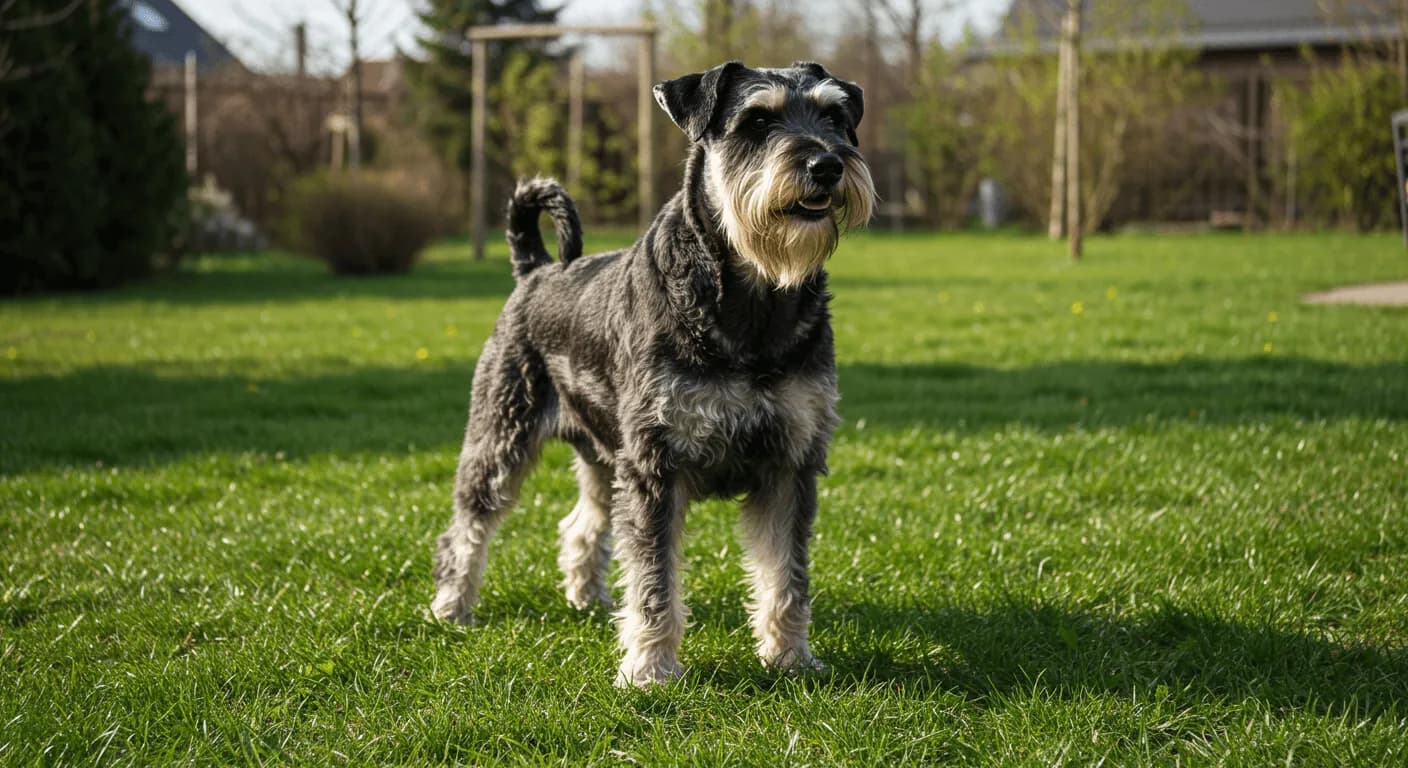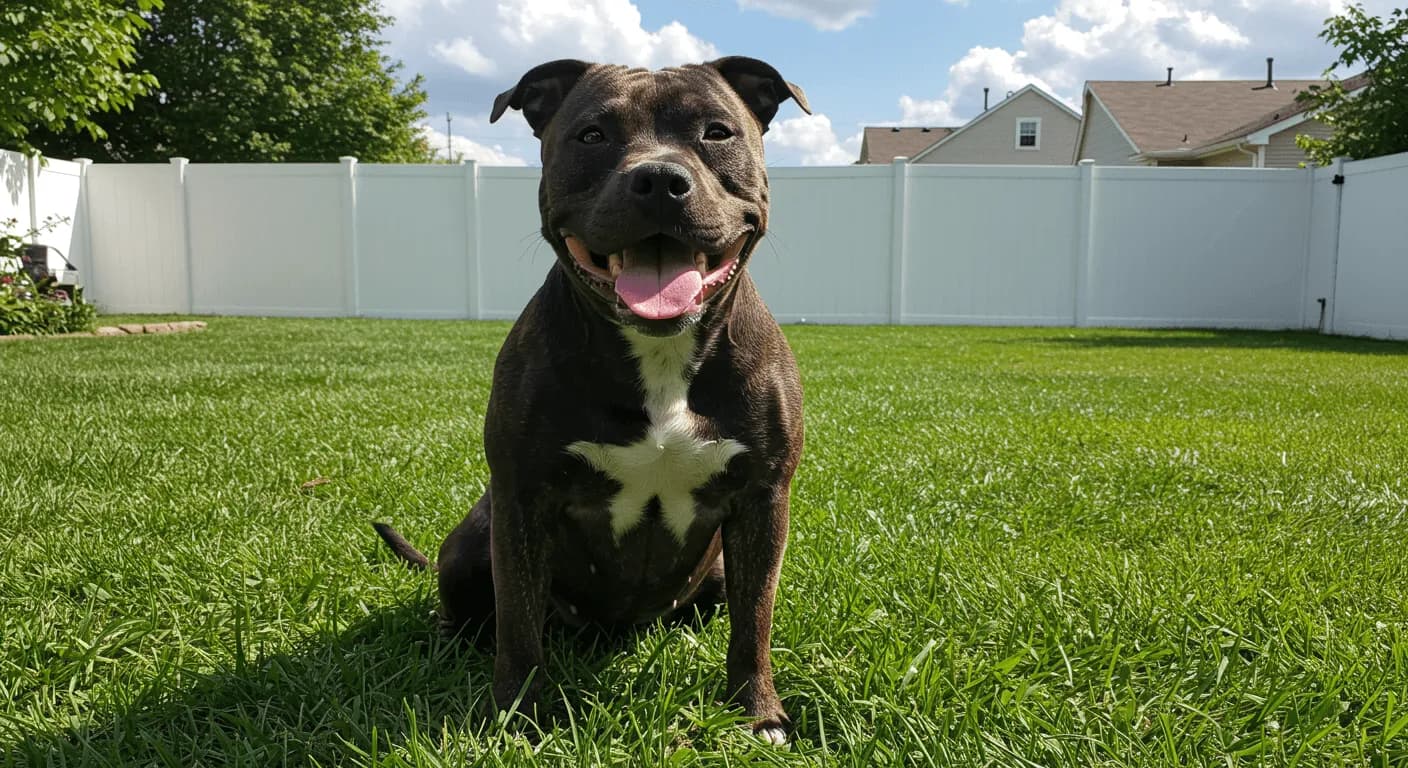The Irish Wolfhound is one of the most striking dog breeds in the world. Known for their incredible size and gentle demeanor, these dogs have been beloved companions for centuries. Historically bred to hunt wolves and guard homes, modern Irish Wolfhounds are gentle giants who adore spending time with their families.
But despite their elegant stature and kind eyes, the question remains: Is an Irish Wolfhound the right dog for you? While their appearance may be breathtaking, their needs, temperament, and lifestyle compatibility must be carefully considered before bringing one home. In this comprehensive article, we’ll dive deep into all aspects of owning an Irish Wolfhound, helping you decide whether this noble breed is the best match for your household and lifestyle.
Temperament and Personality
Irish Wolfhounds are famous for their calm and affectionate personalities. Despite their towering size, they are often dubbed as "gentle giants" for a reason.
Typical Behavioral Traits
Irish Wolfhounds are typically:
- Loyal and Affectionate: These dogs are deeply bonded to their families and enjoy being involved in daily life.
- Calm and Reserved: While playful as puppies, adults are generally quiet, docile, and enjoy lounging around.
- Patient and Tolerant: Known for their incredible tolerance, Irish Wolfhounds often get along well with children and other animals.
Energy Levels and Social Tendencies
- Moderate energy levels: They enjoy daily walks and some stretches of mild activity, but aren't as hyperactive as smaller breeds.
- Well-mannered in public: With proper socialization, they tend to be friendly and approachable.
- Not overly territorial: Unlike guard-dog breeds, Irish Wolfhounds tend to be friendly to strangers and may lack the protectiveness some owners desire in a large dog.
Pros and Cons for Different People
The Irish Wolfhound is a beautiful breed, but are they a good fit for your lifestyle? Let's explore how they fit into different types of households.
Families with Children
Pros:
- Extremely patient and gentle with children.
- Not prone to nipping or unwanted rough behavior.
Cons:
- Their sheer size can be a hazard around very small children.
- May accidentally knock over toddlers while playing.
Single Individuals
Pros:
- Though large, Irish Wolfhounds are content with lounging and companionship.
- They appreciate calm, one-on-one time and are not demanding.
Cons:
- Big dogs may pose challenges in small apartments or during solo travel.
- Veterinary and food costs may burden a single person more than a family.
Elderly Owners
Pros:
- Mellow temperament makes them a peaceful companion.
Cons:
- Daily care might be difficult due to size and strength.
- Feeding and grooming needs can be physically demanding.
Active vs. Sedentary Lifestyles
- Active Individuals: While Irish Wolfhounds need daily walks, they don't make great jogging companions due to joint concerns.
- Quiet Lifestyles: Excellent match. They do not require high-impact play or intense physical activity to stay content.
Suitability Factors
When deciding if an Irish Wolfhound fits your household, consider these essential compatibility points:
Are Irish Wolfhounds Good with Kids?
Yes, they are remarkably gentle and tolerant around children. Their friendly nature, paired with a low prey drive, makes them ideal for households with kids. However, always supervise interactions between large dogs and kids for everyone's safety.
Are Irish Wolfhounds Good with Other Dogs?
Mostly yes. They are not aggressive and generally get along well with other dogs, especially when socialized early. However, males may show dominance toward other males.
Are Irish Wolfhounds Good with Cats?
With proper introduction, they often coexist peacefully with cats. Early exposure helps, and their non-aggressive nature is an advantage in multi-pet households.
Are Irish Wolfhounds Good Guard Dogs?
Surprisingly, no. Despite their intimidating size, Irish Wolfhounds are not naturally protective or territorial. They're more likely to greet strangers than deter them.
Are Irish Wolfhounds Good for Apartments?
No, not ideally. Although they're relatively calm indoors, their massive size needs more living space than most apartments allow. They can adapt to larger apartments but thrive best in homes with yards.
Do Irish Wolfhounds Need a Yard?
Yes. While not extremely energetic, they need room to stretch their long legs and get fresh air. A fenced yard is highly recommended.
Is an Irish Wolfhound Good for First-time Owners?
Possibly. Their gentle nature signals "yes," but their grooming, health concerns, and size can be overwhelming. First-timers should be confident in handling large dogs.
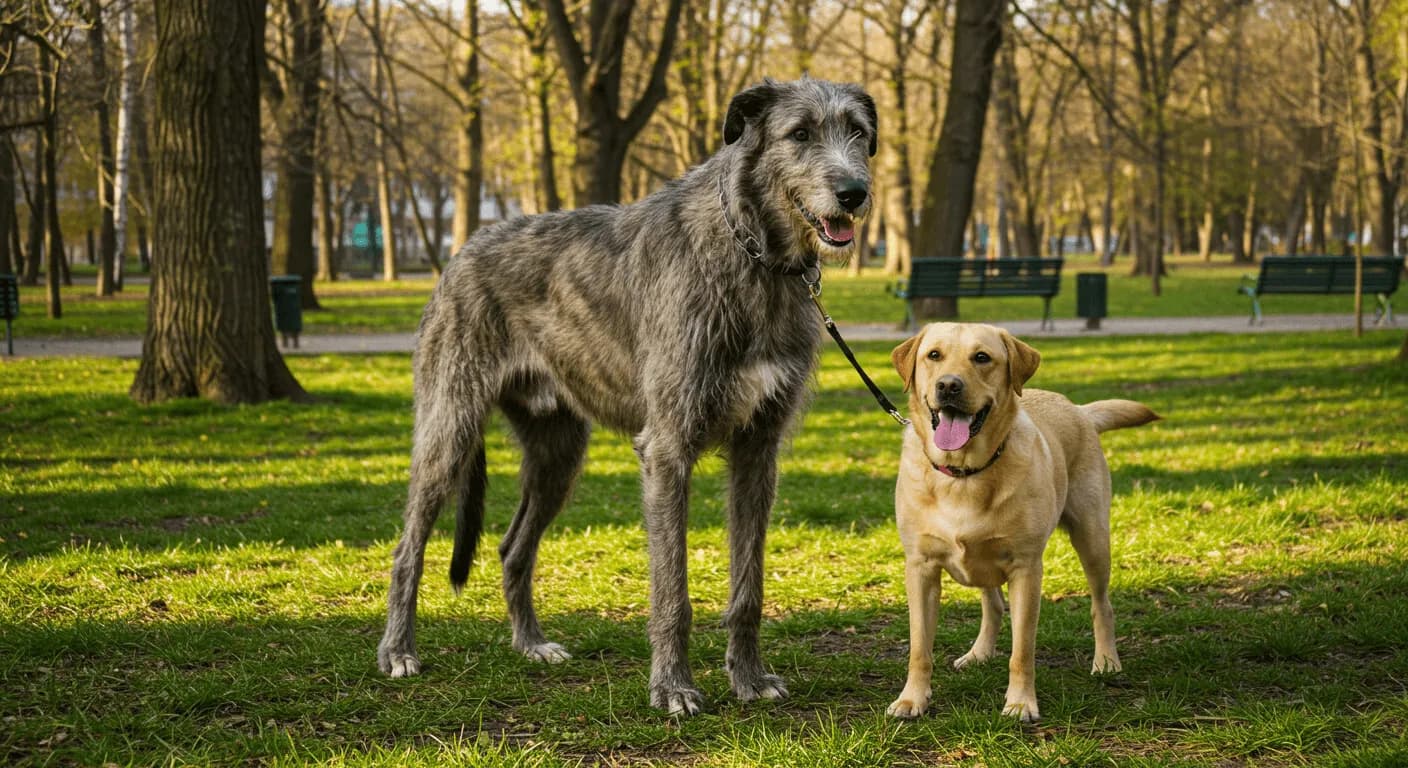
Care Requirements
The Irish Wolfhound requires dedicated care that matches its unique size and gentle personality.
Exercise Needs
- Daily moderate walks are essential.
- They enjoy a chance to roam safely but are not a high-energy breed.
- Avoid overly intense exercise, especially in young pups, as it can damage growing joints.
Grooming Requirements (Shedding & Drooling)
- Coat care: Their rough coat needs weekly brushing to remove dead hair and prevent mats.
- Shedding: Moderate – not excessive, but regular.
- Drooling: Minimal to none, especially compared to other giant breeds.
Training Considerations (Including Barking)
- Intelligent but independent: They respond well to positive reinforcement, though not always eager to please.
- Barking: Generally quiet. Ideal for noise-sensitive households.
- Early socialization and obedience training are highly recommended, particularly due to their size.
Can Irish Wolfhounds Live Outside?
No. Despite their hunting history, modern Wolfhounds are companion dogs. They’re best suited to living indoors with their families. Outdoor living can lead to loneliness and health issues.
Can Irish Wolfhounds Be Left Alone?
They generally tolerate short periods alone but do not thrive in isolation. Prolonged loneliness may lead to anxiety and destructive behavior. Consider a dog sitter or weekday help if you’re gone for long hours.
Are Irish Wolfhounds High Maintenance?
While not high-energy, they are high-maintenance in other ways:
- Require frequent cleaning due to their size.
- High food and medical costs.
- Need training, grooming, and consistent care.
Care Summary
Here's a quick checklist showing what Irish Wolfhounds require:
- Spacious living area
- Regular vet check-ups for breed-specific concerns
- Daily walks
- Regular grooming
- Time and attention from their owners
Health and Lifespan
As with many large breeds, Irish Wolfhounds face several health challenges that potential owners must be prepared for.
Common Health Issues
Some conditions to watch for include:
- Dilated Cardiomyopathy: A heart condition common in large breeds.
- Osteosarcoma: A type of bone cancer more frequent in Irish Wolfhounds than most dogs.
- Bloat (Gastric Dilatation and Volvulus): A life-threatening condition common in deep-chested breeds.
- Hip Dysplasia: Although not as widespread as in other large breeds, it can still be problematic.
- Progressive Retinal Atrophy (PRA): Over time, can lead to blindness.
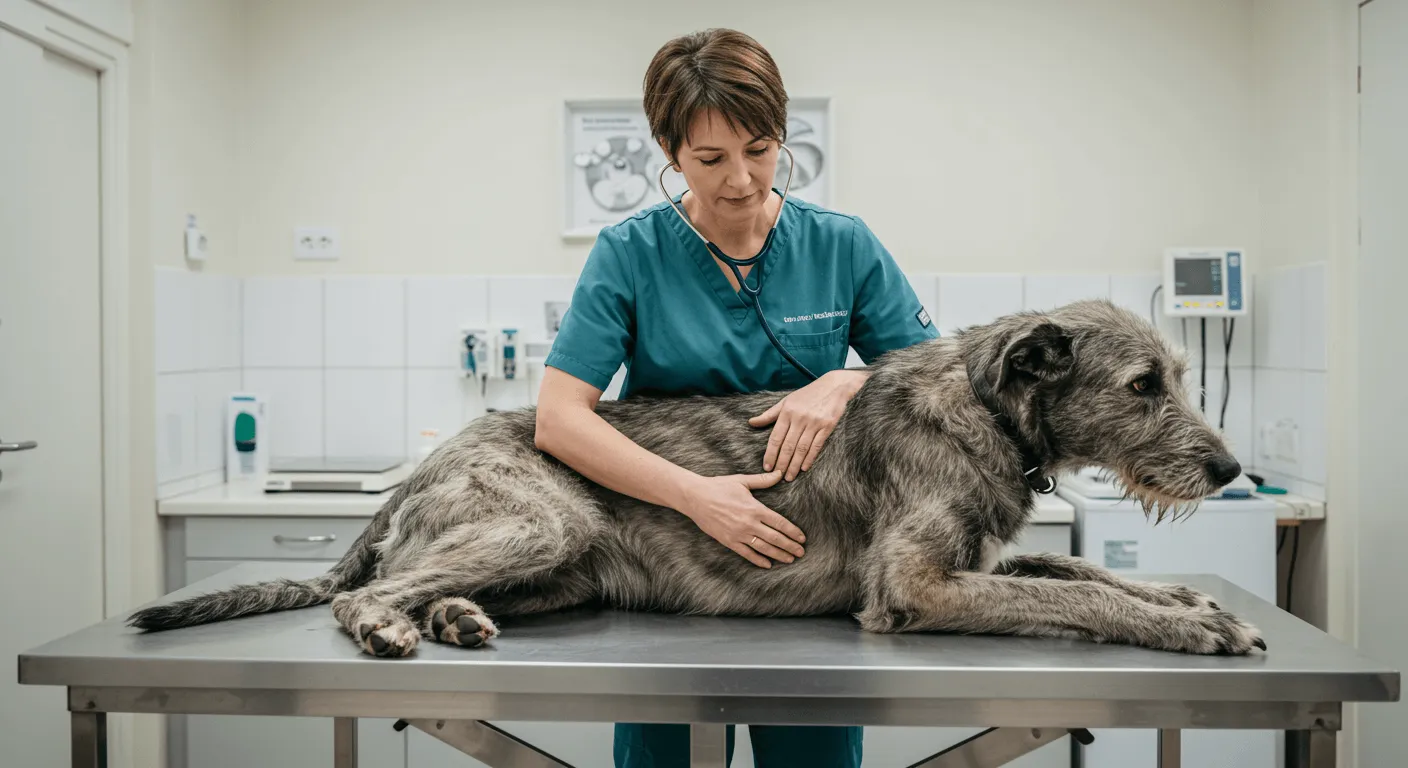
Irish Wolfhound Life Expectancy
Unfortunately, Irish Wolfhounds have one of the shortest lifespans among breeds. On average, they live 6 to 8 years, with some rare individuals reaching 9 or 10.
This short life expectancy can be emotionally difficult for owners, and it’s something to consider before choosing the breed.
Are Irish Wolfhounds Hypoallergenic?
No, Irish Wolfhounds are not hypoallergenic. While their shedding is moderate, they still produce dander and are not suitable for allergy sufferers.
Cost and Legal Considerations
How Much Does an Irish Wolfhound Cost?
Irish Wolfhounds can be quite expensive, both upfront and long-term.
- Initial puppy cost: Ranges from $1,500 to $3,000 from reputable breeders.
- Ongoing costs include:
- High-quality, large-breed food
- Regular vet care (often higher for large dogs)
- Grooming tools or professional services
- Larger beds, crates, and accessories
In total, expect to spend more on an Irish Wolfhound yearly than a smaller dog—potentially $1,500 to $2,500 annually, depending on needs.
Irish Wolfhound Legal Restrictions
There are generally few legal restrictions specifically targeting Irish Wolfhounds, as the breed is not known for aggression. However, due to their immense size, some apartment complexes or housing authorities may restrict them under “large dog” policies.
Always double-check local regulations or breed-specific housing rules if you’re renting, moving, or living in an HOA-managed community.
Stay tuned for the conclusion to wrap things up and help you make the final decision on whether this magnificent breed belongs in your family.## Conclusion
The Irish Wolfhound is a truly unique and majestic breed, offering unmatched companionship, calmness, and gentle loyalty. Their towering size may be the first thing that captures your attention, but it’s their loving temperament and steady nature that win hearts and make them unforgettable canine companions.
However, choosing to welcome an Irish Wolfhound into your home is not a decision to take lightly. Their short lifespan, high care costs, and need for space and companionship mean they are best suited to owners who are prepared to provide a calm, spacious, and deeply nurturing home.
If you're someone who values quiet time, has the space to accommodate a giant breed, and is emotionally and financially ready for the responsibility, the Irish Wolfhound may be a perfect match. For families, singles, or couples who can meet their unique needs, they offer unparalleled loyalty and affection.
Ultimately, bringing an Irish Wolfhound into your life is an emotional and rewarding journey—one that is best made with thoughtful consideration and a whole lot of heart.

